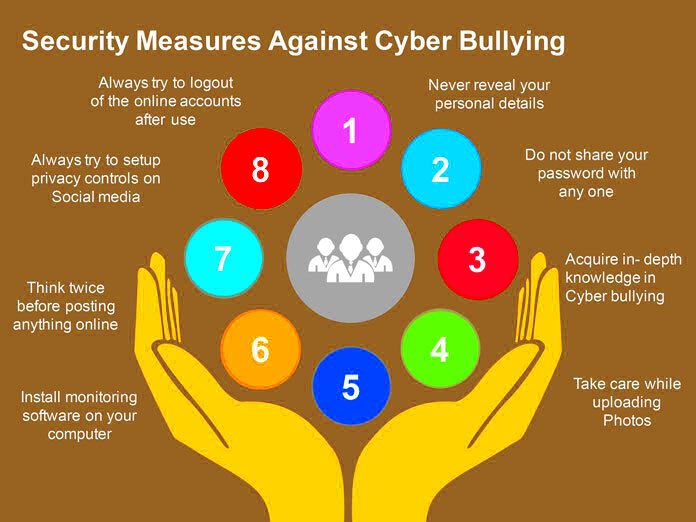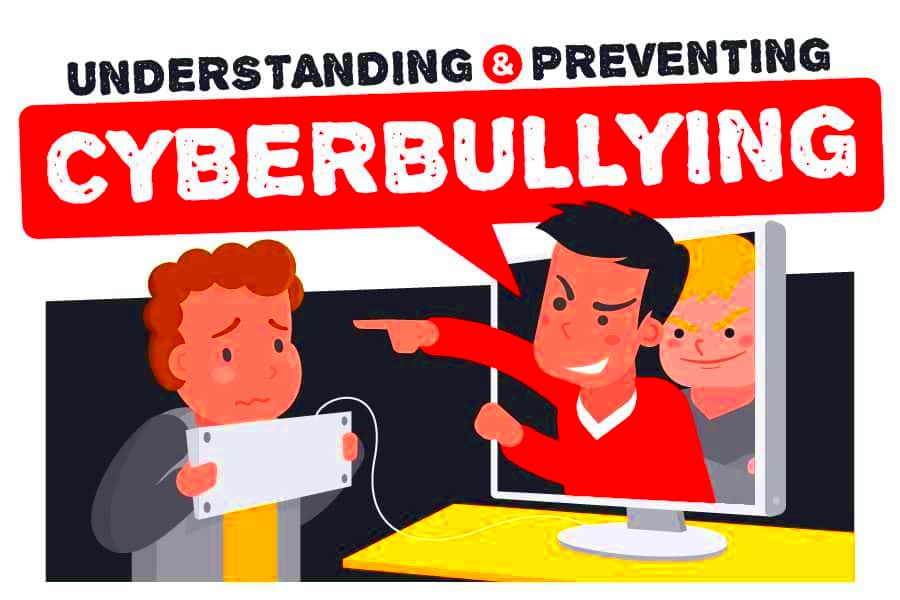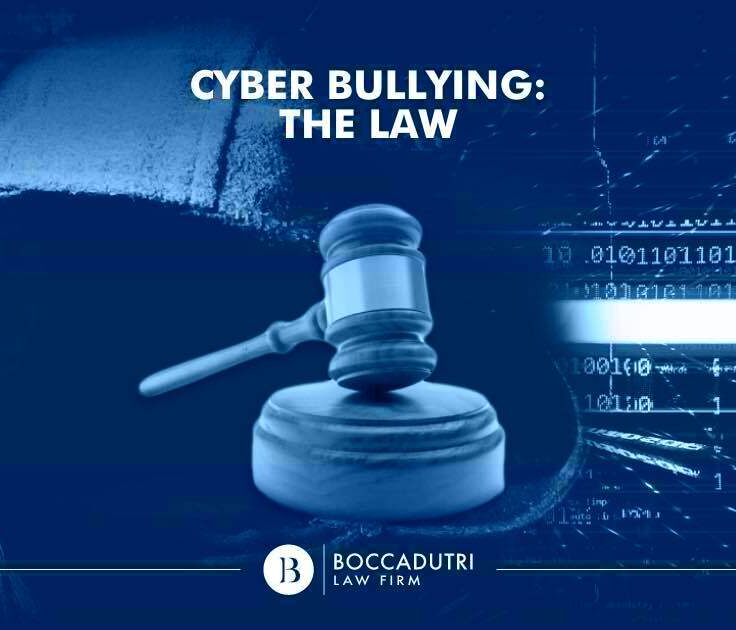Understanding Connecticut’s Cyberbullying Laws
Cyberbullying is a significant issue in today’s digital age. It involves the use of technology to harass, threaten, or embarrass someone. As more people, especially children and teenagers, engage with social media and online platforms, the risk of cyberbullying increases. Understanding the impact of cyberbullying and how laws address it is crucial for parents, educators, and students. In Connecticut, specific laws aim to combat this behavior and protect victims, making it essential to know what these laws entail.
Overview of Connecticut’s Cyberbullying Laws

Connecticut has established comprehensive laws to address cyberbullying. These laws aim to create a safe environment for students in schools and online spaces. Here are some key aspects:
- Legislation: The main law addressing cyberbullying in Connecticut is part of the state’s anti-bullying legislation, which was updated in 2011 and again in subsequent years.
- School Responsibilities: Schools are required to have policies in place that address bullying, including cyberbullying, and must take action when incidents are reported.
- Reporting Mechanisms: The law encourages students and parents to report incidents of cyberbullying to school authorities, ensuring that appropriate measures are taken.
- Training and Education: Schools must provide training to staff and educational programs for students and parents to promote awareness about cyberbullying.
These laws highlight the importance of a proactive approach to prevent and address cyberbullying, ensuring that all students can learn in a safe environment.
Definition of Cyberbullying in Connecticut

In Connecticut, cyberbullying is defined as any act that involves the use of electronic communication to harm or harass an individual, particularly a student. This includes a variety of behaviors such as:
- Sending threatening messages via text, email, or social media.
- Posting embarrassing photos or videos without consent.
- Creating fake profiles to spread rumors or lies.
- Harassing someone through comments or direct messages.
The law emphasizes that cyberbullying can occur not only through social media but also through other electronic devices. The intent behind these actions is to cause emotional distress or humiliation to the victim. Understanding this definition is crucial, as it sets the foundation for recognizing and addressing cyberbullying effectively.
Key Provisions of the Laws

Connecticut’s cyberbullying laws are designed to provide a comprehensive framework for addressing and preventing cyberbullying incidents. Here are some key provisions:
- Definition Clarity: The law provides a clear definition of what constitutes cyberbullying, ensuring that students, parents, and educators understand the behaviors that are unacceptable.
- School Policies: Schools must establish and implement anti-bullying policies that specifically include cyberbullying. These policies should outline the procedures for reporting incidents and the actions that will be taken in response.
- Investigation Protocols: When a report of cyberbullying is made, schools are required to investigate promptly and thoroughly. This ensures that victims feel heard and that appropriate measures can be taken.
- Training and Awareness: Schools are mandated to provide training for staff on recognizing and addressing cyberbullying. Additionally, educational programs should be available for students and parents to raise awareness and promote a positive school culture.
- Protection Against Retaliation: The law prohibits retaliation against anyone who reports cyberbullying. This protection encourages victims and witnesses to come forward without fear of further harm.
These provisions aim to create a safer environment for students, emphasizing the importance of collective responsibility in combating cyberbullying.
Reporting Cyberbullying Incidents
Reporting cyberbullying incidents is crucial for addressing the problem effectively. Connecticut’s laws provide a clear process for students and parents. Here’s how it typically works:
- Who Can Report: Any student, parent, or guardian can report cyberbullying incidents to school officials. Bystanders are also encouraged to speak up.
- Reporting Mechanisms: Schools should have multiple ways for individuals to report incidents, including:
- Anonymous reporting systems (e.g., online forms, hotlines)
- In-person reports to teachers or counselors
- Email or written complaints to school administration
- Timely Action: Once a report is received, schools are required to investigate the incident within a specified timeframe, ensuring that the matter is addressed promptly.
- Follow-Up Support: After reporting, victims should receive support from school staff, including counseling services if needed. This follow-up is vital for helping victims cope with their experiences.
By making reporting easy and accessible, Connecticut aims to empower individuals to take action against cyberbullying.
Consequences for Cyberbullying
The consequences for engaging in cyberbullying can vary depending on the severity of the actions and the specific circumstances involved. Connecticut law outlines several potential consequences:
- School Disciplinary Actions: Schools may impose various disciplinary measures, including:
- Verbal or written warnings
- Suspension from school
- Expulsion in severe cases
- Mandatory counseling or intervention programs
- Civil Liabilities: In some instances, cyberbullying can lead to civil lawsuits. Victims may seek damages for emotional distress or harm caused by the bullying.
- Criminal Charges: In extreme cases, cyberbullying behaviors may be classified as criminal acts, such as harassment or threats. This could lead to criminal charges and legal repercussions.
- Restorative Justice Programs: Some schools may offer restorative justice options that allow the bully and the victim to engage in a dialogue, fostering understanding and resolution.
By imposing consequences for cyberbullying, Connecticut aims to deter such behaviors and create a safer environment for all students.
Preventive Measures for Schools and Parents
Preventing cyberbullying is a shared responsibility between schools and parents. Together, they can create a supportive environment where students feel safe. Here are some effective preventive measures:
- Education and Awareness: Schools should conduct regular workshops and seminars to educate students about the consequences of cyberbullying and the importance of respectful online behavior.
- Clear Policies: Schools must develop and communicate clear anti-bullying policies that outline acceptable behavior and the consequences for violations. Parents should be informed about these policies.
- Open Communication: Encourage open discussions between parents and children about their online activities. Parents should ask questions about who their child interacts with and what platforms they use.
- Monitoring Technology Use: Parents should monitor their child’s internet usage. This includes keeping devices in common areas, using parental control software, and being aware of their social media accounts.
- Encourage Empathy: Teach children the importance of empathy and kindness online. Discuss how their words and actions can impact others and the significance of standing up against bullying.
By taking these preventive measures, both schools and parents can significantly reduce the risk of cyberbullying and foster a positive online community.
Resources for Victims and Families
Support is crucial for victims of cyberbullying and their families. Fortunately, there are various resources available in Connecticut to help them navigate these challenges:
- School Counseling Services: Many schools offer counseling services to support students affected by cyberbullying. Counselors can provide guidance and coping strategies.
- Hotlines: Connecticut has helplines dedicated to helping victims of bullying and their families. These hotlines can offer immediate support and resources.
- Online Resources: Websites such as StopBullying.gov provide information on recognizing cyberbullying, responding to it, and preventive strategies.
- Support Groups: Some community organizations offer support groups for victims of bullying, where individuals can share their experiences and find solace in knowing they are not alone.
- Legal Assistance: In some cases, victims may need legal help. Organizations provide legal resources and guidance for families navigating the legal aspects of cyberbullying.
Utilizing these resources can empower victims and their families to take action and seek support during challenging times.
FAQ
Here are some frequently asked questions about Connecticut’s cyberbullying laws and resources:
- What should I do if I witness cyberbullying?
If you witness cyberbullying, report it to a trusted adult or school official immediately. It’s important to take action and not remain silent. - Can parents report cyberbullying on behalf of their children?
Yes, parents can report incidents of cyberbullying on behalf of their children. Schools encourage parents to advocate for their child’s safety. - What are the signs that my child may be a victim of cyberbullying?
Signs may include changes in behavior, withdrawal from social activities, reluctance to use their devices, or unexplained emotional distress. - Are schools required to investigate all reports of cyberbullying?
Yes, schools are mandated to investigate all reported incidents of cyberbullying to ensure the safety and well-being of students. - What can I do if my child is the one being accused of cyberbullying?
It’s important to listen to your child and understand the situation. Encourage them to reflect on their actions and seek support from a counselor if needed.
These FAQs can help clarify common concerns and provide guidance for navigating issues related to cyberbullying.
Conclusion
Understanding Connecticut’s cyberbullying laws is essential for creating a safe and supportive environment for students. By educating ourselves about the definitions, provisions, and consequences related to cyberbullying, we can better equip ourselves to recognize and address these issues. Schools play a crucial role in implementing preventive measures and fostering open communication between students, parents, and staff. Additionally, having resources available for victims and families ensures that no one has to face cyberbullying alone. Ultimately, it takes a community effort to combat cyberbullying effectively, and through awareness, education, and support, we can work together to create a positive online culture for all students.
